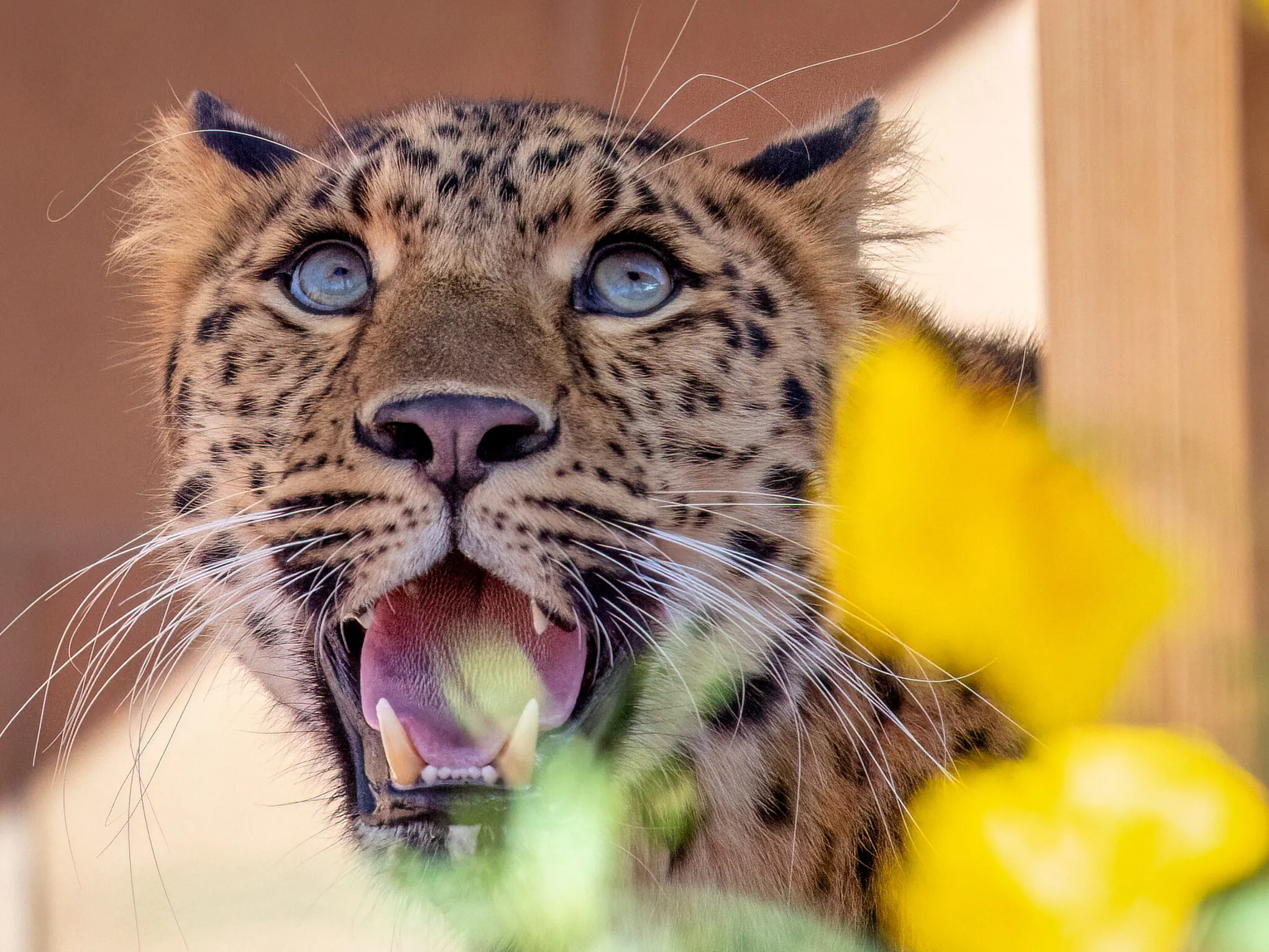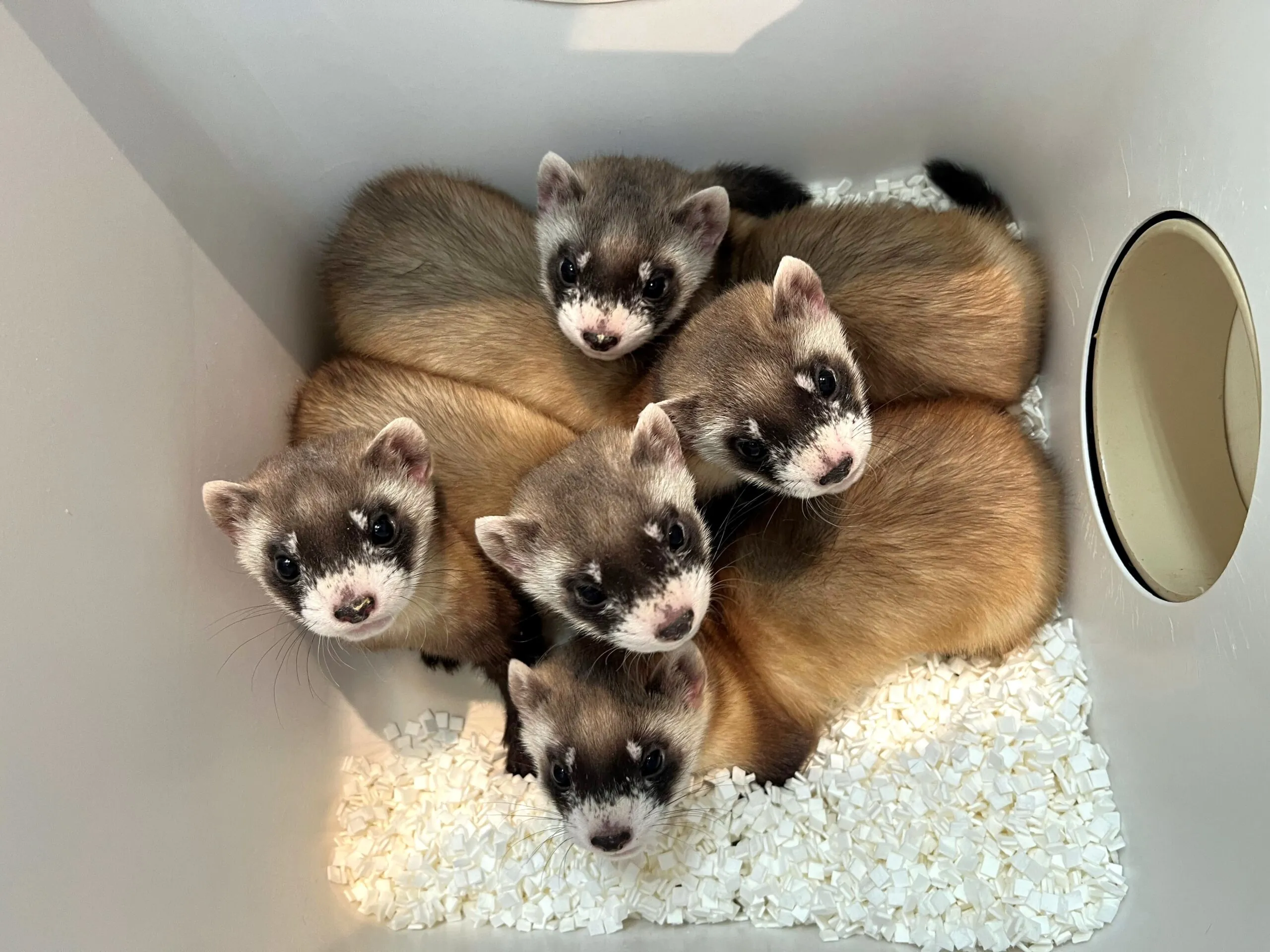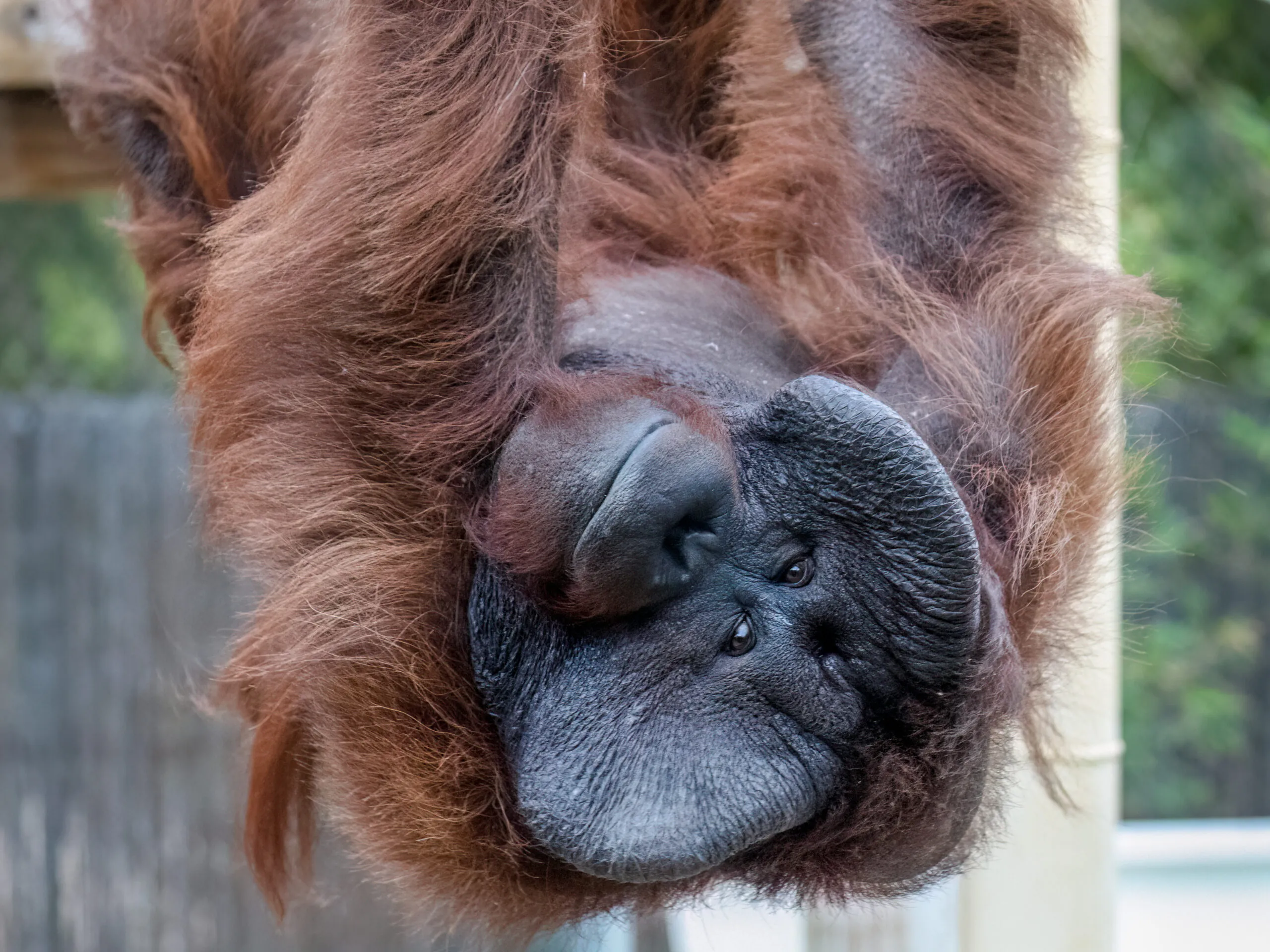Black-throated Magpie Jay
Cyanocorax colliei
Bird Brained
Corvids – the group of birds that includes ravens, crows, jays, and their relatives – have impressive brains. Intelligence is difficult to measure, but corvids are thought to be the smartest of all birds. Some scientists think they might even be as smart as great apes! Just like apes, corvids take a long time to become independent from their parents. This long development period gives the young birds time to learn valuable lessons from their flocks, like how to hide food in caches for later in the year.
Everyone Carries Their Own Weight
Like many species of corvid, black-throated magpie jays often live in flocks. These flocks are usually made up of a main breeding pair and up to seven other individuals. The other members of the flock can vary in age and sex, and it’s not unusual for them to leave and join groups over time. The one thing all these flocks have in common is that every bird helps the group. Helpers do everything from foraging and feeding, to building nests and caring for the young. When the chicks are old enough, they join in and help too.
What’s in a Name?
Scientists group black-throated magpie jays in the genus Cyanocorax. The name comes from Ancient Greek words meaning “dark blue” and “raven,” because it’s a group of jays with blue or purple feathers. Deciding how to group animals is complicated, and sometimes scientists will move animals to new taxonomic groups as they discover new things about them. Black-throated and white-throated magpie jays were alone in the genus Calocitta before scientists moved them to Cyanocorax in 2016, and they can always decide to change it again. Some scientists even say that we should classify black-throated and white-throated magpie jays as the same species because they can mate and create hybrids. The debates never end!

Diet: berries, fruits, invertebrates, nuts, small rodents
Zoo Diet: frugivore diet, specialized carnivore diet, whole prey/mice
Habitat: open woodlands, arid scrub forest
Wingspan: 15-17 in


Plan your visit today!
The Phoenix Zoo is one of the largest non-profit zoos in the U.S., caring for over 3,000 animals, with nearly 400 species represented, including many threatened/endangered species.







